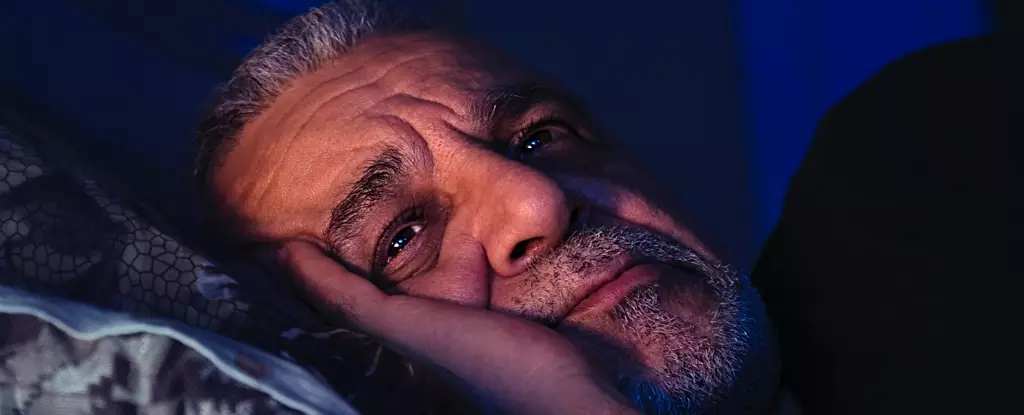Obstructive sleep apnea (OSA) is a condition characterized by repeated interruptions in breathing during sleep due to blocked airways. With approximately 30 million adults in the United States suffering from this disorder, the repercussions extend far beyond poor sleep; individuals with OSA face heightened risks of conditions such as hypertension, stroke, and depression. The nightly struggle for air results in fragmented sleep, leaving patients fatigued and at risk of severe health concerns. Traditionally, treatment modalities often involved lifestyle changes or the use of CPAP (Continuous Positive Airway Pressure) machines, which can be cumbersome and uncomfortable for patients.
In a significant advancement in the treatment of OSA, the U.S. Food and Drug Administration (FDA) recently approved Zepbound, a medication originally developed for weight management, to treat moderate to severe sleep apnea in obese patients. This landmark decision signals a new path for patients who have grappled with the dual challenges of obesity and OSA. According to FDA official Sally Seymour, this approval represents a major leap in addressing the needs of those affected by this debilitating condition, offering them an alternative path towards recovery.
Manufactured by Eli Lilly, Zepbound functions by activating intestinal hormone receptors, effectively curbing appetite and reducing overall food intake. Clinical studies have indicated that weight loss achieved through the medication correlates directly with a decrease in sleep apnea episodes, demonstrating the interrelationship between obesity and sleep-related disorders. It is essential to note that while Zepbound offers an innovative solution, it is most effective when combined with a structured diet and exercise plan.
The FDA’s approval is underpinned by rigorous clinical trials that showcased Zepbound’s effectiveness in reducing the frequency of sleep apnea occurrences. Remarkably, nearly half of the participants in these trials experienced such significant improvements that their OSA-related symptoms dissipated entirely. This milestone is pivotal, as it not only alleviates the burden of living with OSA but also enhances patients’ quality of life, allowing for better sleep and overall health.
Patrik Jonsson, a senior executive at Eli Lilly, highlighted this breakthrough, emphasizing how Zepbound represents a critical advancement in addressing the interconnected challenges posed by obesity and obstructive sleep apnea.
As the FDA endorses Zepbound for OSA treatment, it marks an era of integrated approaches to managing this complex condition. The convergence of obesity management and sleep apnea treatment holds promise for patients who have long battled the consequences of both. While traditional therapies remain vital components of OSA management, the introduction of Zepbound heralds a new chapter that empowers individuals to regain control of their health.
The approval of Zepbound not only represents a scientific achievement but also provides hope to millions struggling with sleep apnea. By addressing both the primary condition and its underlying causes, this medication has the potential to revolutionize how we approach health management for a significant portion of the population.


Leave a Reply